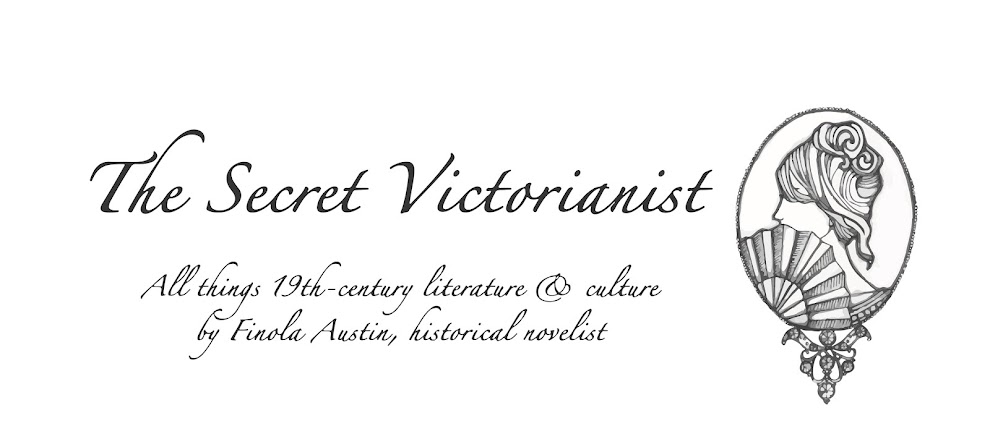Welcome back. Two weeks ago, I attended the Historical Novel Society North America conference in San Antonio, Texas, and shared some of my favorite quotes from the sessions I listened to live at the multi-day event. Today, as promised, I’m back with more words of wisdom from the speakers I caught later via the on-demand recordings. There was so much great content available that I still have a few sessions remaining, so expect a Part Three of this blog in the next few weeks…
 |
| On location in San Antonio, TX |
AI & Technology:
“ChatGPT is a terrible writer. It’s boring. It will learn and become a better writer, but for now it’s not going to take your writing jobs,” Katie Aiken Ritter (writer)
“We’re not seeing any originality of expression from ChatGPT—things like word choice that writers are known for,” Sarah Johnson (librarian)
“ChatGPT is good at getting rid of ‘BS jobs’,” Jonathan Putnam (writer)
“As storytellers, we’re about to experience a renaissance. Our options for how we carry out our work as storytellers are expanding at a dizzying rate,” Libbie Grant (writer)
Fiction vs. Journalism:
“I wanted the freedom to make things up. Journalism didn’t give that to me. I can always tell when someone is writing fiction who was a journalist,” Weina Dai Randel (writer)
“I found that as a journalist I had to strip myself down and build myself up again. Non-fiction is much denser. Fiction is about character,” Nancy Bilyeau (writer)
“The transition from writing journalism to fiction is a nightmare,” John Jeter (writer)
Specific Periods:
“The Renaissance was the era of unexpected alliances,” Karimi Alavi (writer & educator)
“The big problem with seafaring books is that women didn’t have a significant legitimate role on commercial or naval vessels until the late 20th-century, except as passengers. Romantic heterosexual relationships do not flourish in this genre,” Mary Malloy (writer)
“WWII fiction remains popular as WWII was the last great war that was fought for noble reasons and high stakes,” Maryka Biaggio (writer)
Writing Craft:
“You don’t have much time to convince readers to come on a 400-page journey with you,” Susan Meissner (writer)
“The concept of a story world is very familiar in fantasy and science fiction writing, but historical fiction writers are creating worlds as well—it just happens to be a world based on something that happened in the past. If it’s not a world that exists now, we have to build it,” Mark Baker (writer)
Doing the Work:
“I encourage my students to see writing as a job, whether it’s full-time or part-time,” Joyce Wagner (writer)
“There’s no such thing as writer’s block. If you think there is, go get a job at a newspaper and go tell your editor you’re just not feeling inspired today to write,” Glen Craney (writer)
Characters:
“A character doesn’t have to be admirable—at the start at least—for us to want to follow them,” James Scott Bell (writer)
“As a writer and a researcher, I want to know more about the women who were at the center of history but are often ignored to the point of becoming non-existent,” DeAnn Smith Stead (writer
Research:
“Primary sources help you get, not just to the facts, but to the attitudes,” Addison Armstrong (writer)
“Avoid unforced food history errors in your writing,” Amanda E. Herbert (academic)
Copyright:
“Works are in the public domain if they predate copyright law, if the copyright term has expired, or if they are un-copyrightable. Works published in 1927 came into the public domain in 2023,” Emily Lanza (writer & lawyer)
Vocation:
“It’s not always a conscious choice to write fiction. We’re drawn to it,” Vanitha Sankaran (writer)
Are you also still listening to the great recordings from HNS 2023? I’d love to hear what your favorite sessions were. Let me know—below, by tweeting @SVictorianist, or by contacting me via Instagram or Facebook.
Love all things historical fiction? Sign up to my monthly newsletter here.

